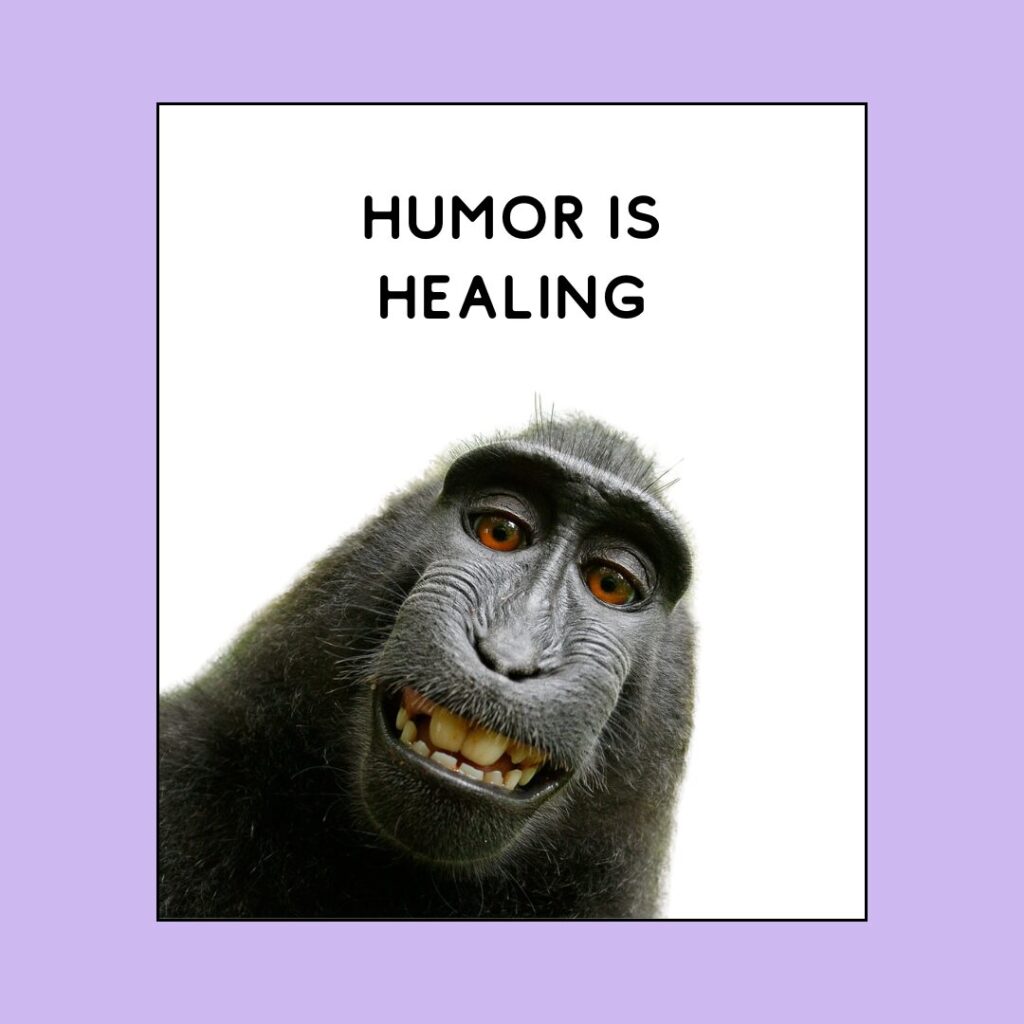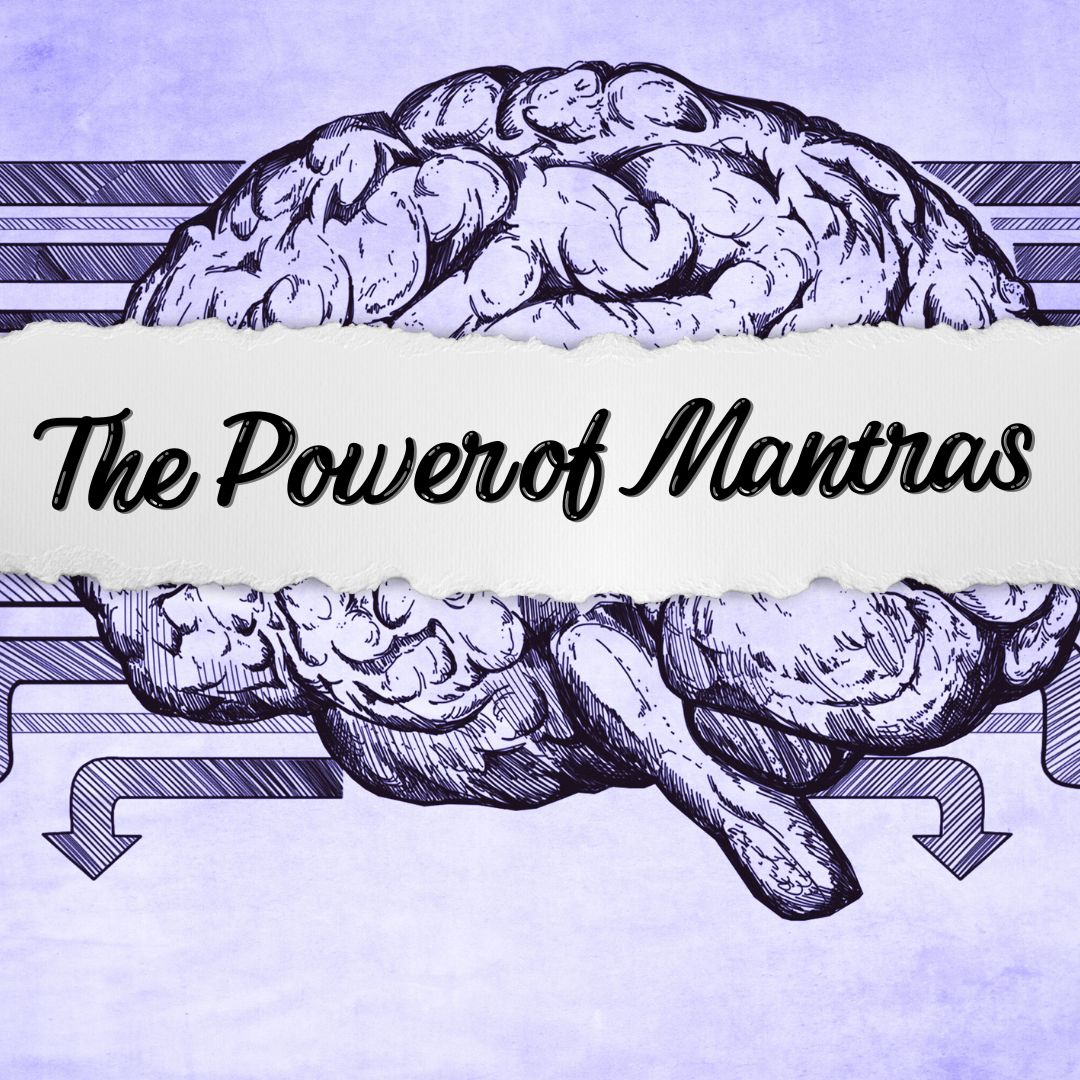Increase Your Laughter in 2025!
Laughter is often said to be the best medicine, and for good reason! Beyond the giggles and snickers, humor has profound effects on our mental and physical health. It’s a delightful way to boost vagal tone, release positive neurochemicals like oxytocin, and just plain have fun. Let’s explore how humor can be a powerful tool for healing and wellness.
Laughter: Nature’s Stress Reliever
“Laughter is poison to fear.” – George R.R. Martin
When we laugh, our bodies release a cascade of feel-good hormones. Endorphins, the body’s natural painkillers, are released, and cortisol levels (the stress hormone) decrease. This immediate shift can create a sense of well-being and relaxation that’s hard to replicate through other means. But how exactly does this work?
Vagal Toning and Laughter
The vagus nerve is a key player in our parasympathetic nervous system (AKA our relaxation response, and the opposite of the Fight-Flight-Freeze survival response that is the culprit behind anxiety and panic). The vagus nerve also establishes communication between your brain and your gut and therefore has been the focus and of high interest for researchers and integrative health practitioners looking into the mind-body connection. Our vagus nerve is also responsible for regulating several bodily functions, including heart rate and digestion.
Vagal toning refers to practices that stimulate the vagus nerve, which plays a crucial role in emotional regulation. A low vagal tone is often associated with difficulty managing emotions. Improving vagal tone through techniques like deep breathing exercises, humming, and laughter can help individuals better regulate their emotions and reduce the experience of emotional dysregulation.
A well-toned vagus nerve is essential for overall health and resilience against stress. So how does laughter come into play?
- Stimulating the Vagus Nerve: Laughter engages the diaphragm and stimulates the vagus nerve, and naturally toning it. This leads to improved mood and reduced anxiety, making it easier to navigate life’s challenges.
- Enhancing Heart Rate Variability (HRV): A toned vagus nerve is associated with higher HRV, a marker of resilience and adaptability. By laughing more often, you can boost your HRV and improve your body’s ability to respond to stress.
The Neurochemical Boost
Humor doesn’t just make us feel good in the moment; it also promotes the release of neurochemicals that enhance our well-being:
- Oxytocin: Often called the “love or cuddle hormone,” oxytocin is released during laughter, particularly when we share a joyful moment with others. It fosters feelings of connection, trust, and bonding, making laughter a social glue that strengthens relationships.
- Dopamine: This neurotransmitter, linked to the brain’s reward system, spikes during moments of joy and laughter. Increased dopamine levels enhance motivation and happiness, giving us that delightful “high” that comes from a good chuckle.
- Serotonin: Humor can also positively influence serotonin levels, which play a crucial role in regulating mood. A good laugh can help combat feelings of sadness or anxiety, providing a natural lift to our spirits.
Fun: The Essential Ingredient
“Laughter is an instant vacation.” – Milton Berle
Let’s not forget the sheer joy of humor. Laughter is fun! Whether it’s sharing a funny story, watching a comedy show, or cracking jokes with friends, engaging in humor enriches our lives. The act of laughing itself is often contagious; when we see others laugh, it triggers our own laughter, creating a cycle of joy.
Finding Humor in Everyday Life (Mantra: Laugh Whenever You Can!)
- Look for the Absurd: Life is full of unexpected moments. Embrace the absurdity of situations and find humor in everyday occurrences. It could be a pet doing something silly or a minor mishap that becomes a funny story.
- Share Laughter: Spend time with people who make you laugh. Whether it’s friends, family, or colleagues, surrounding yourself with humor can create a supportive environment that fosters joy and connection.
- Search for Humor in Difficult Situations: Get used to asking yourself, “What can I find funny about this?” You’ll be amazed how it reframes your thoughts and shifts your focus to a new direction.
- Engage with Comedic Content: Dive into comedy shows, podcasts, or books that tickle your funny bone. Allow yourself to enjoy the lighter side of life; it’s a great way to unwind and lift your spirits.
Conclusion: Embrace the Healing Power of Humor
“Laughter is one of the best medicines around for relieving stress and for creating a more healthy spirit. And, one of the greatest aspects is that it is totally free and can be done by anyone.” – Byron Pulsifer
Humor is more than just a fleeting pleasure; it’s a powerful tool for healing and well-being. By embracing laughter, we can tone our vagus nerve, release positive neurochemicals, and enjoy the delightful experience of being human. So go ahead, find your joy, share a laugh, and let humor be your guide on the path to wellness. After all, life is too short not to enjoy a good chuckle!


